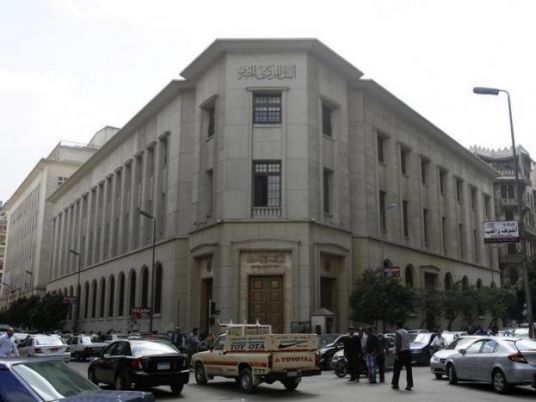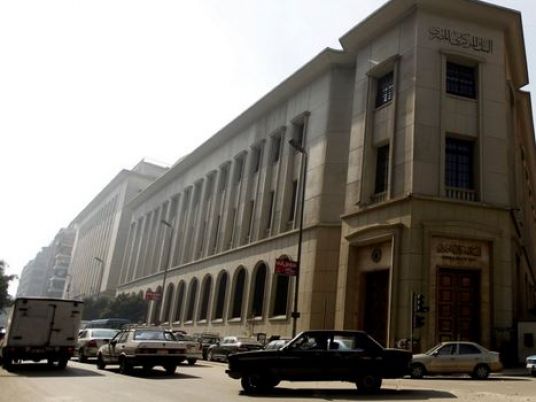Ten days before the March 2011 constitutional referendum, hundreds of soldiers went on a rampage in Tahrir Square, tearing up protesters’ tents, arresting dozens, and torturing them on the premises of the Egyptian Museum. Protesters were opposing the military’s monopoly of power, the continued presence of old regime figures and the hasty patch-up of the constitution. Blood was spilled and no one was prosecuted.
Four days before the parliamentary elections, 47 protesters were killed, dozens lost an eye, and thousands were injured at the hands of the security forces on Mohamed Mahmoud Street. Protesters were rallying against the police attack on martyrs’ families and other demonstrators in Tahrir Square and the rush to parliamentary elections under military rule. Blood was spilled and no one was prosecuted.
Six days before the constitution went to vote, eight people were declared dead and tens severely injured following a violent attack by supporters of the president on protesters camping in front of the Ettehadiya Palace. Protesters were at the presidential palace to challenge President Mohamed Morsy’s constitutional declaration that rendered him omnipotent and his speedy push to put the Islamist constitution to referendum. Blood was spilled and no one was prosecuted.
With the country polarized like no time in its recent history, the parliamentary elections commencing in two months will likely be preceded by more waves of violence between two camps, both claiming to speak for the revolution.
Since the toppling of Hosni Mubarak, an intractable relationship between blood and ballots has been forged. Elections are held in the name of this blood. Politicians advocate on behalf of this blood. Brotherhoods and parties procure voters on the grounds of honoring this blood. Clerics speak of sacrificing more of this blood. And government officials claim reforms are necessary to avoid adding to this blood.
As the second anniversary of the revolution nears, those who sacrificed to make it happen are no closer to ruling than they were when it started. Nevertheless, everyone speaks for the revolution, shouts its now commodifed slogans, and contorts its principles. The political status quo — both the Muslim Brotherhood and the state apparatus — are sending a clear message to Egyptians: Blood spilled in the streets can only be redeemed in the ballot box. The blood that made their ascendency possible has now been reduced to symbolic ink stains on the voters’ fingers.
“That which is gained by the ballot box can only be lost in the ballot box.” But what of that which was lost in the streets, in the minds, in the hearts, in the souls? With every passing day, we discover the growing gulf between the revolution’s aspirations and the plans of those who claim to speak for it. The masses, increasingly disenchanted by an empty political process, are participating in declining numbers in one vote after the other. Voters and non-voters alike realize the country’s future is a battle between two minorities — one idealistic and revolutionary and the other political and opportunist. One donates blood and the other reaps it.
With the Egyptian calendar now filled with bloodied commemorations, it would be wise for all to heed the lesson of the past two years: Ballots do not blot blood.
Adel Iskandar is a media scholar and lecturer at Georgetown University.
This piece appears in Egypt Independent's weekly print edition.




